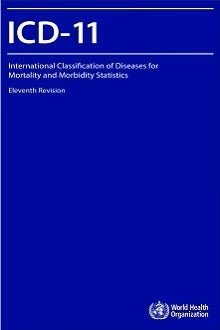Hai (21:00-23:00): Sanjiao connects all meridians, allowing all meridians to rest. Sleep should be peaceful as qi and blood flow into the Sanjiao meridian. This is the detoxification time for the immune system (lymph). It’s advisable to stay quiet or listen to music.
Zi (23:00-1:00): Gallbladder meridian is strong. Ensure you go to bed before 11 PM to maintain vitality. Bile needs metabolism, and people who fall asleep before midnight can complete the gallbladder’s metabolism.
Chou (1:00-3:00): Liver meridian is strong. Ensuring sleep at this time nourishes the liver and blood.
Yin (3:00-5:00): Lung meridian is strong. The demand for blood and qi in the whole body increases. People with weak bodies or the elderly should be cautious.
Mao (5:00-7:00): Large Intestine meridian is strong. Qi and blood flow into the large intestine meridian, which aids excretion. It’s advisable to drink water.
Chen (7:00-9:00): Stomach meridian is strong. Qi and blood flow into the stomach meridian, which aids digestion. Ensure a normal breakfast.
Si (9:00-11:00): Spleen meridian is strong. Qi and blood flow into the spleen meridian, which helps absorb nutrients and produce blood. Drink water in moderation and exercise at the right time.
Wu (11:00-13:00): Heart meridian is strong. Qi and blood flow into the heart meridian, making it suitable to take a nap to nourish the spirit.
Wei (13:00-15:00): Small Intestine meridian is strong. Qi and blood flow into the small intestine meridian, aiding nutrient absorption. Therefore, lunch should be eaten before 1 PM.
Shen (15:00-17:00): Bladder meridian is strong. Qi and blood flow into the bladder meridian, making it suitable to exercise and drink plenty of water.
You (17:00-19:00): Kidney meridian is strong. Qi and blood flow into the kidney meridian, helping to store the essence of internal organs. A proper rest is advisable.
Xu (19:00-21:00): Pericardium meridian is strong. Qi and blood flow into the pericardium meridian, making it suitable to take a walk and keep a happy mood.


